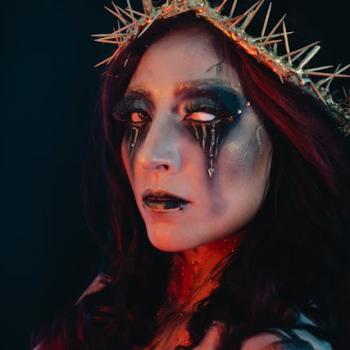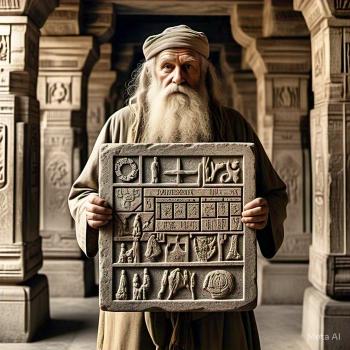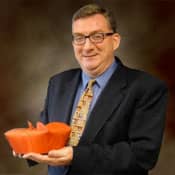By 1900, over two-thirds of American bishops (called the "hibernarchy") were Irish. Numbers were a big factor, but so was Ireland's post-Famine religious revival, which created a "vocations boom." For over a century, Ireland supplied priests and religious for the English-speaking world. "Irish" and "Catholic" were interchangeable. When Oscar Wilde was asked his religion, he replied: "None. I am an Irish Protestant."
Novelists and comedians still invoke stereotypes of Irish Catholics taught by ruler-wielding nuns who grow up into drunken, bigoted cops and firemen. But the real Irish Catholic legacy is a hatred for injustice, a commitment to the common good, and what author Maureen Dezell calls the "urge to serve."
There are endless examples: Cardinal James Gibbons, who championed the right to union membership in the 1800s; Mary Harris "Mother" Jones, the labor activist whose motto was "Pray for the dead and fight like hell for the living;" John Corridan, the Jesuit whose fight against corruption was chronicled in the Marlon Brando film, On the Waterfront; the priests and nuns who marched in Selma; Mychal Judge and the numerous Irish-American first responders who gave their lives at Ground Zero.
In her book Irish America, Dezell quotes actor John Shea:
What I learned from being around priests and nuns was this concept of a calling: You have God-given gifts. What do you do with these gifts? And then: how do you serve humanity? That there is a higher purpose. Life shouldn't be something selfish.
This coming Thursday, March 17th, Catholics celebrate the Feast of St. Patrick, and that means parades nationwide, with New York hosting the largest and Hot Springs, Arkansas, the smallest. But it's not just a day for the Irish. While it is observed solemnly in Ireland, in honor of the great Bishop who brought Christianity to that island, St. Patrick's Day in America celebrates all the immigrants who came here for a better life (and the priests and religious who came to serve them). It's as much a day for them as for those whose ancestors came from Sligo or Roscommon, Tyrone or Cavan—for in celebrating one group, we celebrate all.
So to one and all, Beannacht Lá Fhéile Pádraig!





